A coalition now calling for local content requirements in renewable energy projects want the federal government to embed requirements for locally produced and supplied components into all renewable energy supply chain manufacturing and development. The group says this will ensure that the energy transition’s benefits resonate through local communities, businesses, workers and “the Australian domestic economy as a whole.”
The diverse coalition includes unions and renewable energy industry associations, and investor groups. The coalition includes the AMWU, Weld Australia, the Smart Energy Council, Climate Energy Finance, Climate Capital Forum, and the First Nations Clean Energy Network.
The call for local content comes at a time when unique opportunities are arising as a result of last year’s boost to the Australian government’s Capacity Investment Scheme (CIS) and its 32 GW of tenders for renewable energy capacity.
The coalition of interest groups says that a “measured and considered” local content requirement (LCR) will support the maturation of domestic clean energy and technology supply chains. The coalition believes that now is the time to act to reap the benefits of local content requirements.
Local benefits
Some of the benefits that would result from local content requirements, the coalition argues, would be to underpin investor confidence in and by Australian companies, as well as to build jobs and an essential skills base for Australian clean technology industries. An additional benefit would be the facilitation of social license.
Steve Murphy, National Secretary of the Australian Manufacturing Workers Union, noted: “A successful net-zero transformation needs the buy-in of everyday Australians to succeed. This means Australian workers and communities – not just foreign companies and shareholders – need to benefit materially from the transition.” He said that the promise of jobs and benefits to local communities is an essential element of winning community support for transition.
The idea is not new and is currently unfolding in a number of different regions across the globe. Most famously, the United States has attracted investment and much sought-after skilled workers with its local content requirements as part of the Inflation Reduction Act. Europe responded with its own local content requirements, in various forms, and similar policies are being pursued in India, Brazil, and South Africa.
“Experience in other countries, such as Canada, for example, has demonstrated that First Nations consent, participation, inclusion, ownership and equity can safeguard projects,” said Karrina Nolan from the First Nations Clean Energy Network. This is evident in the approach taken by Fortescue with green hydrogen projects in Canada.
Beyond sparking international competition for investment and personnel, if Australia was to support local content in the multiple large projects now incoming, it would bolster local supply chains, strengthening resilience.
Increasing momentum
The importance of local supply chains was laid bare during the Covid-19 pandemic, but there are additional benefits in the avoidance of geopolitical disruption and limiting emissions resulting from long-distance shipping.
In Australia, similar sentiments have already been voiced from other quarters. A recent House of Representatives committee report iterated the need for the Australian government to identify the way in which locally manufactured content can be increased in renewable energy projects. Queensland and Victoria already have such mechanisms in place.
National resilience, preparedness and security expert and Chair of the Institute for Integrated Economic Research, John Blackburn, said: “Supporting local content in these tenders is a powerful mechanism that can contribute to building capacity and resilience across all three tiers of government – local government, state and federal.
This content is protected by copyright and may not be reused. If you want to cooperate with us and would like to reuse some of our content, please contact: editors@pv-magazine.com.
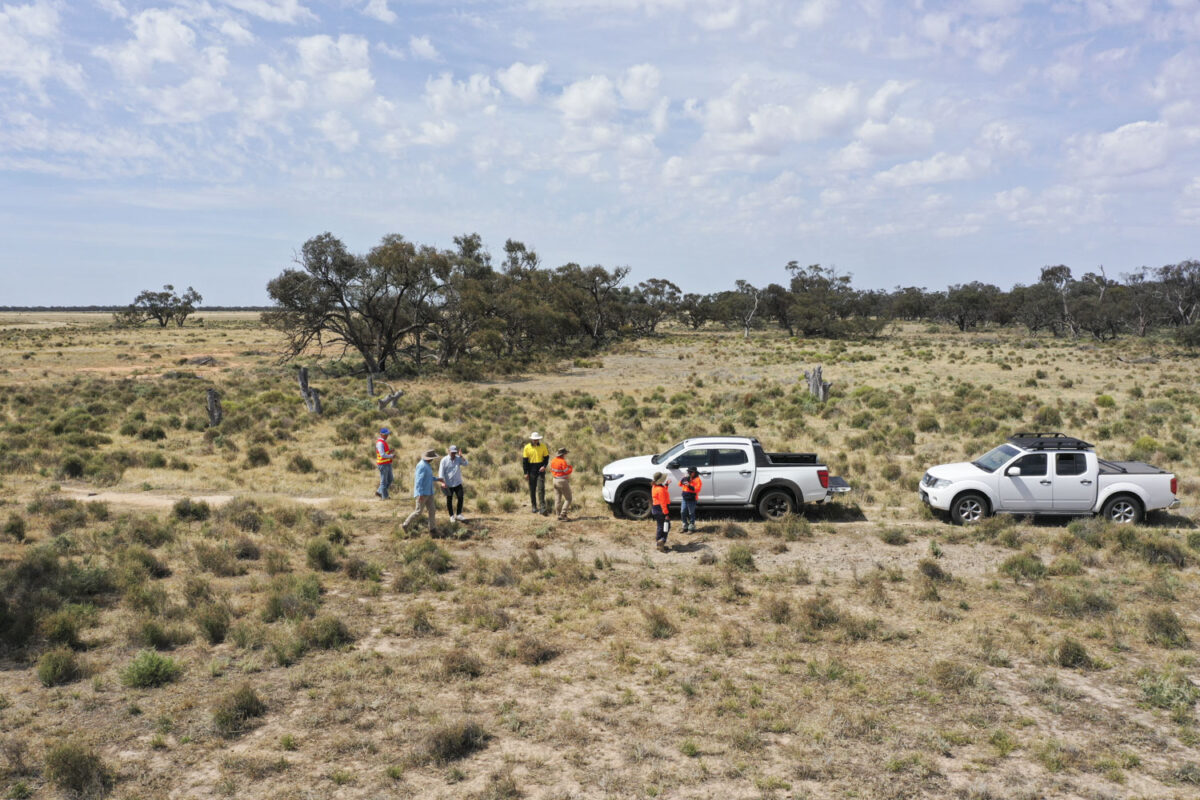

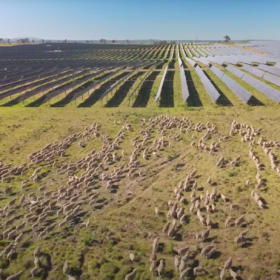
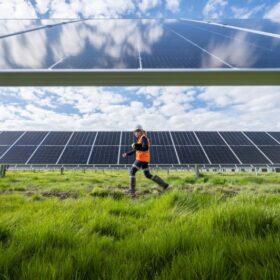
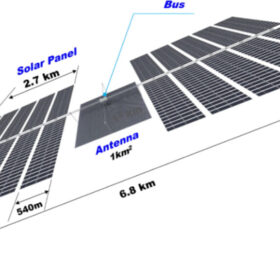
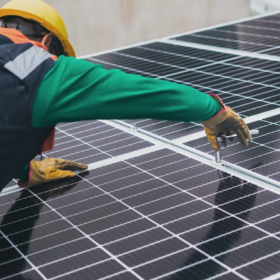
1 comment
By submitting this form you agree to pv magazine using your data for the purposes of publishing your comment.
Your personal data will only be disclosed or otherwise transmitted to third parties for the purposes of spam filtering or if this is necessary for technical maintenance of the website. Any other transfer to third parties will not take place unless this is justified on the basis of applicable data protection regulations or if pv magazine is legally obliged to do so.
You may revoke this consent at any time with effect for the future, in which case your personal data will be deleted immediately. Otherwise, your data will be deleted if pv magazine has processed your request or the purpose of data storage is fulfilled.
Further information on data privacy can be found in our Data Protection Policy.